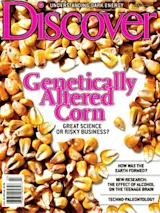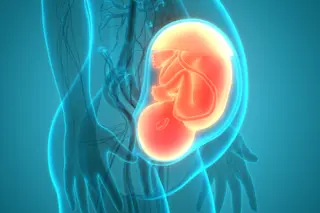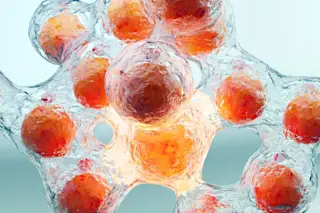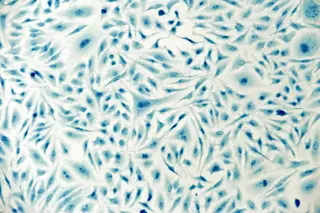DNA is a fragile molecule, vulnerable to mutation-causing changes when struck by solar ultraviolet rays, yet the history of life testifies that genes remain remarkably secure from generation to generation. One reason DNA survives so well, says biophysical chemist Bern Kohler of Ohio State University, is that it acts as its own sunblock. By flashing a series of short laser pulses at DNA's bases— the rungs on its spiral ladder— Kohler and his colleagues determined that the molecule is highly effective at converting potentially destructive radiation into harmless heat. Electrons in the DNA absorb ultraviolet energy and quickly transfer it to their nuclei, the central cores of the atoms. The nuclei in turn begin to vibrate and heat up to about 2,400 degrees Fahrenheit. But the heat dissipates to surrounding water molecules in a trillionth of a second, Kohler says.
Nowadays the ozone layer absorbs most of the seriously harmful ...














